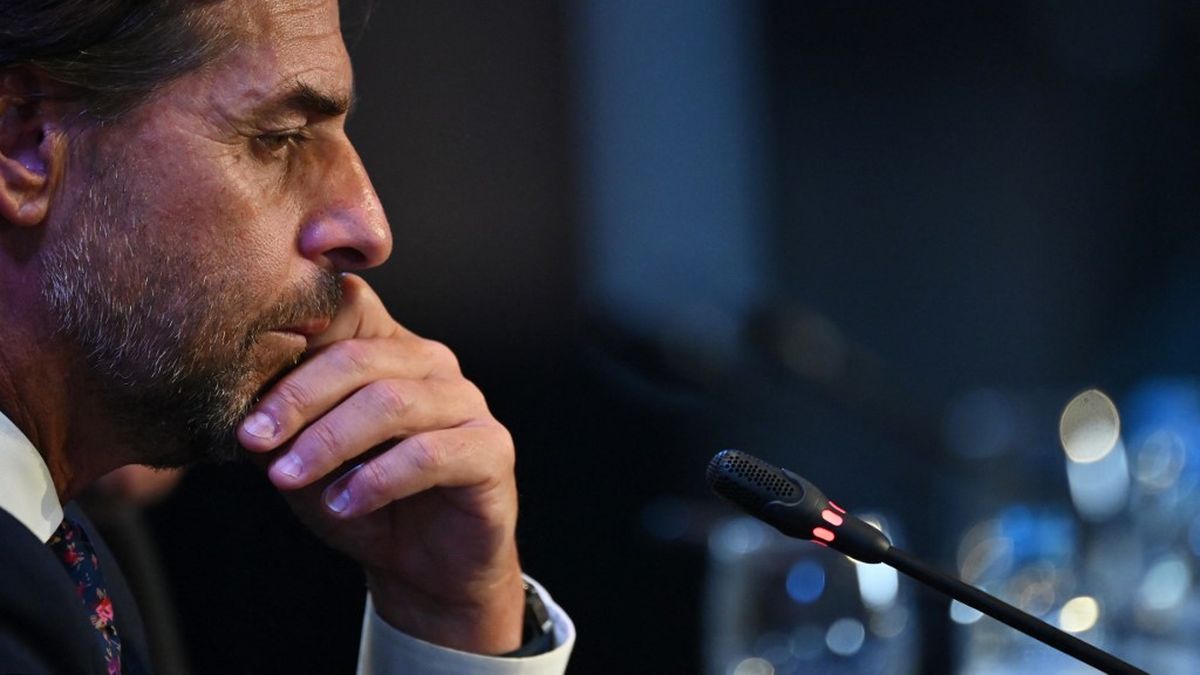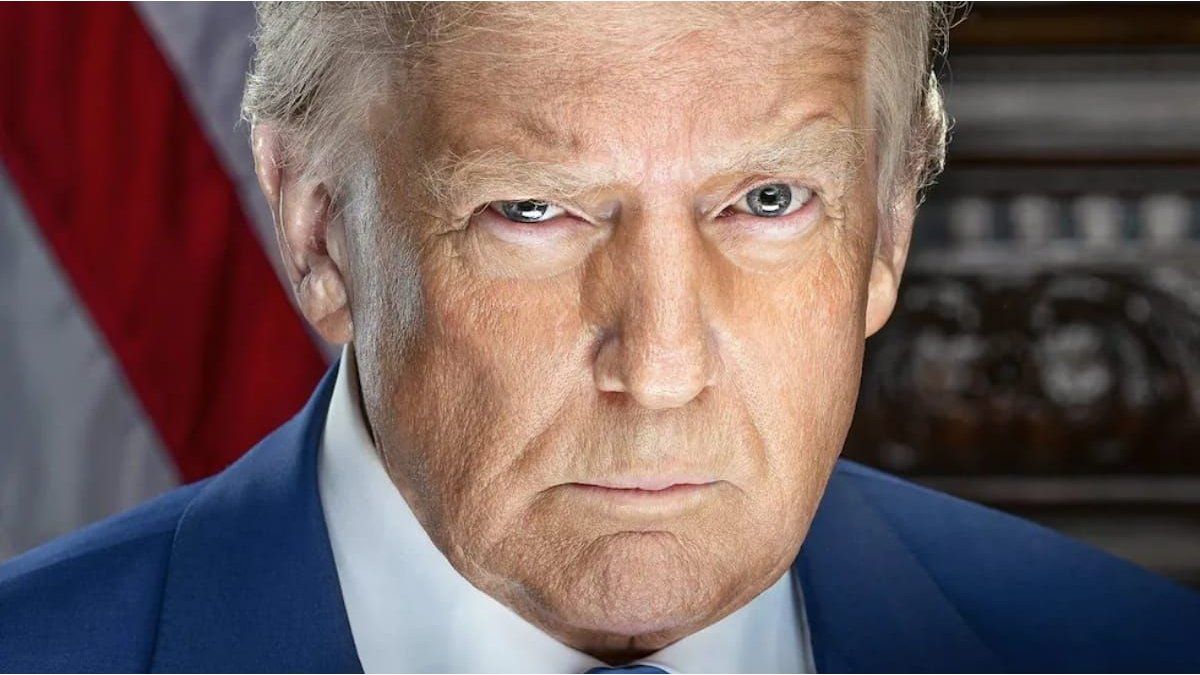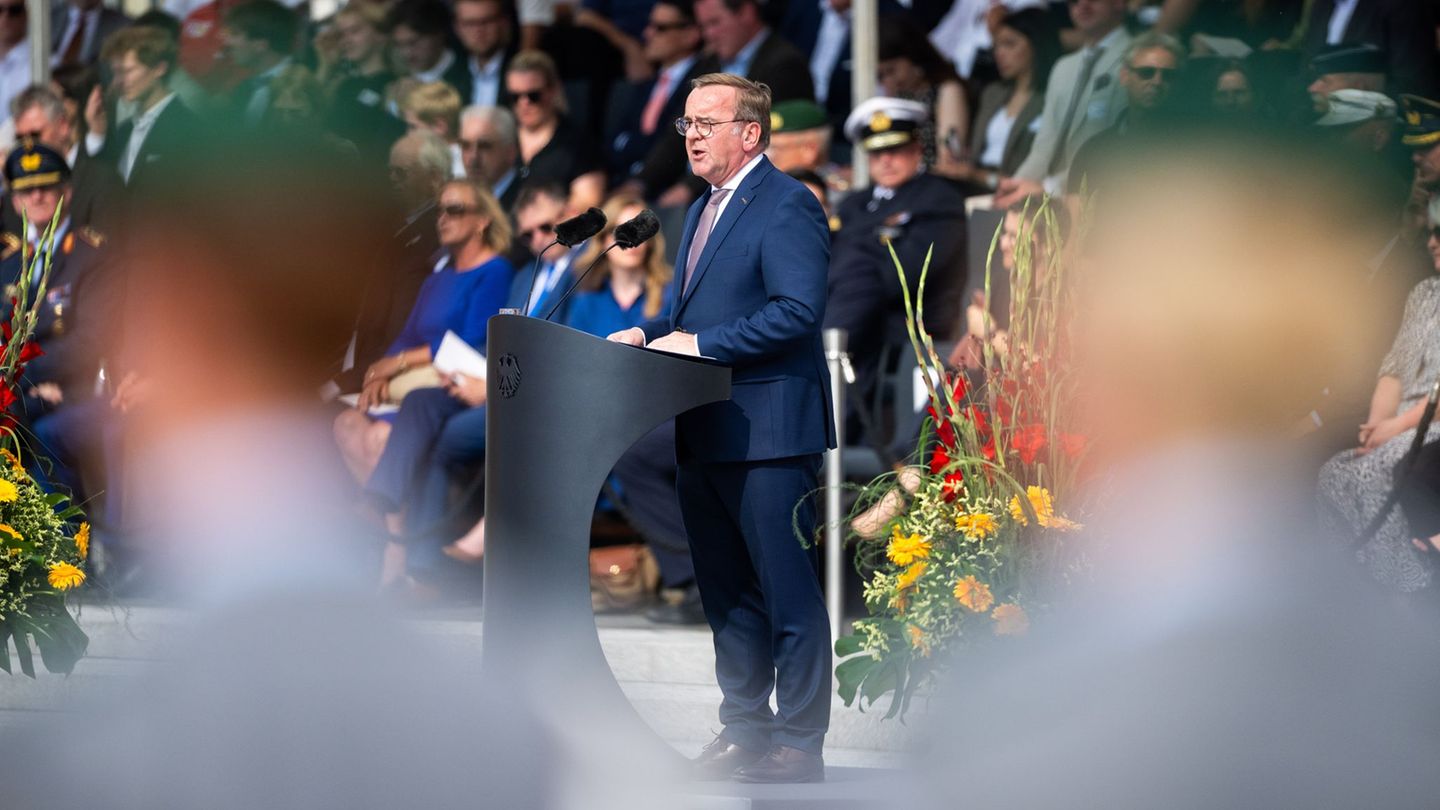The government of Luis Lacalle Pou will closely follow election day this Sunday in Argentinaelections that, although they do not define the course of the neighboring country for the next four years, will purify the arrival of the final contest next October from uncertainties.
The appointment of the Argentines at the polls has a double impact for the local Executive. On the one hand, the political one, since they occur a year before the general elections in Uruguay and in the midst of a premature national electoral climate. And, on the other, economic, with a situation that every day accuses the effect of the ravings in Argentina.
Although Luis Lacalle Pou has defended throughout his term that relations between governments should not be based on ideological consonance – the example has always been the commercial relationship with countries like Cuba either Venezuela– Well known is the good harmony between the president and the pre-candidates that represent the space of Together for Change (JxC).
So much Horacio Rodriguez Larreta as Patricia Bullrich They have held meetings with the head of state. from the other side of the pond, Uruguay it stands, in the imaginary of the right-wing voter, as a beacon of institutionality, rule of law and respect for private activity.
With the official candidate, the Minister of Economy Sergio Massathe tone of the relationship has been marked by the constant complaints of the first to the fiscal conditions of Uruguay and its alleged responsibility for the existence of shell companies and triangulations with USA that defraud the Argentine State.
We cannot forget that first crossroads due to Massa’s pejorative sayings, qualifying as “little brother” Uruguay inside of the mercosur and, with it, invalidating the claims of Lacalle Pou for a greater opening to the world. “Disneyland”, the President of the Republic responded categorically, without hiding his anger.
Beyond the diplomatic relations that would mark the last year of management of the current government regarding Argentinathe elections in that country are also read in an electoral key inside the borders.
Luis Lacalle Pou and Horacio Rodríguez Larreta
Luis Lacalle Pou and Horacio Rodríguez Larreta.
Photo: Horacio Rodríguez Larreta Press
As happened in the case of Brazilwhere the triumph of Lula da Silva emboldened the internal Broad Front (FA), forcing Luis Lacalle Pou himself to reassure his troops with the promise that “the red stain is not going to get here”, the definition in Argentina it will also have an impact on the Uruguayan proselytizing career.
The results will settle the ideological spectrum of the region. The continuity of peronismalthough more moderate than in the times of Cristina Kirchner, will maintain the illusion of a similar Latin America among the front players. The triumph of the right, meanwhile, could strengthen the internship of the ruling party in Uruguay.
However, the greatest impact of the elections on Argentina, even immediate, will be in the economic field. Today, the Río de La Plata separates the economies that have the most overvalued and devalued currencies in the world, according to the Big Mac Index of The Economist and the IMF respectively.
This has translated into a price gap 126% on the coast according to the July report of the UCU Border Prices Observatory in jump and in a tourism deficit of 205 million dollars in the second quarter of the year.
He Central Bank of Uruguay (BCU) periodically monitors the situation, while the Minister of Economy and Finance, lily arbelecherecognized that the exchange difference with Argentina It is one of your biggest challenges.
Half of the growth in Uruguayan consumption forecast for this year (1.5%) will occur in Argentinaalerted lush. The fiscal impact is already being felt, with a noticeable drop in tax collection DGI in taxes linked to consumption such as VAT and the Imesi to fuels.
The breaking of new all-time highs that the argentine blue dollar is the mark of measurement of the consequences that the Argentine economic situation has on Uruguay. Although it is not the only one.
The macroeconomic imbalances of Argentina, with its high monetary financing of the fiscal deficit, inflation triple-digit rates, the sustained multiple exchange rates and the scarcity of international reserves, are risks that experts in Uruguay they ask to be analyzed no longer as extraordinary factors, but as long-lasting balances in the short and medium term.
The management of this deterioration, and its consequent implications for the Uruguayan economy, will be in the hands of the next Argentine government. In today’s elections it begins to clear what that path will be like.
Source: Ambito




